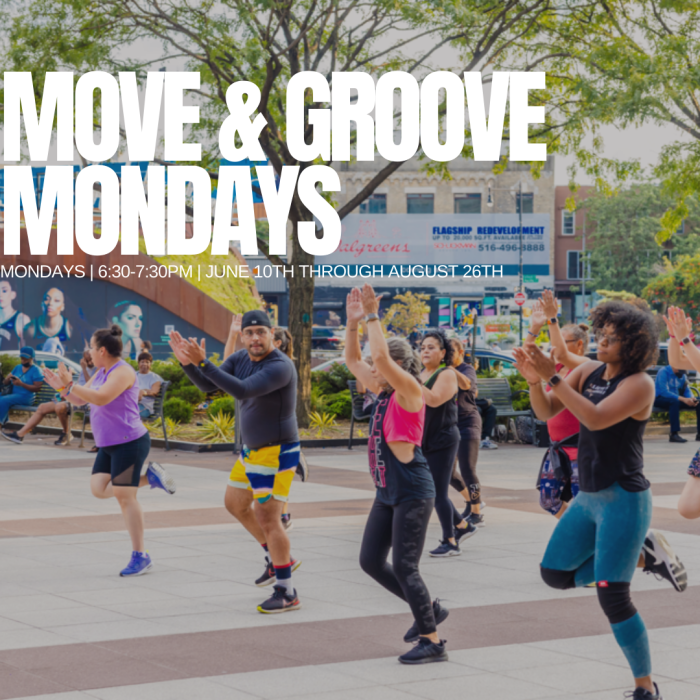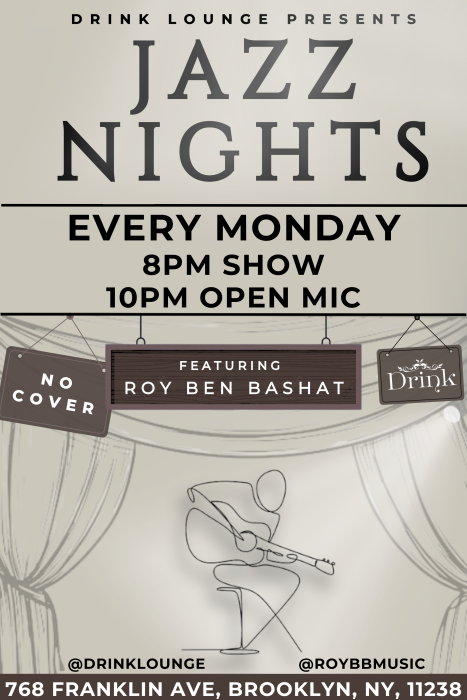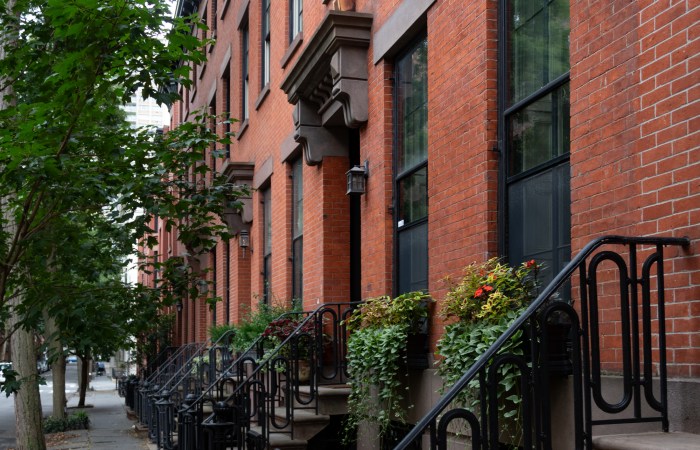I can’t tell you how often I’m asked, “Which wine is the best?” Usually I reply, “Best for what?” What may be the best wine for drinking at the shore while you’re shucking a pile of fresh oysters won’t be the same wine that I’d consider the best for sharing with friends when we’re grilling steaks on the barbecue… or the best for sharing in a great restaurant while having a remarkable meal. But there’s even more to it than that. Why, in America, are we so fixated on the idea of “the best”? In the nations where wine is drunk much more regularly than in the U.S. people understand that there are wines for everyday drinking, wines for drinking with family and friends for Sunday dinner or a night out, and wines for celebrating great meals or special occasions. The words “the best” are rarely taken into consideration. Wines are often based on which region you’re in, what your favorites are, what you like to drink with the meal you’re eating, etc. Much less discomfort here, and much less worrying about choosing the “right” wine. Perhaps because we are, as a country, so insecure about our knowledge of wine and so uncomfortable buying something that we don’t understand, we have come to rely heavily for advice on the writing and reviews of a small handful of people. The bad thing about this is that you are going by someone else’s taste, which may not be like your own. If a critic says it’s great, but you think it tastes harsh and bitter, there’s nothing wrong with you or with your palate: you just don’t like the way it tastes… and there’s nothing wrong with that. What I do think is wrong, though, is seeing people taste a wine, say that they don’t like it, yet buy it when someone tells that that so-an-so gave it a 95. Don’t laugh, I’ve seen it, more than once. Most of the wines that get the highest scores, rated “the best”, take years to mature and develop. When they are young and available for sale they are simply too harsh and tannic to enjoy. How long depends on the wine, and on the vintage. Château Mouton Rothschild 1990 is a bit past its prime, while the 1959 is now, I feel, at its peak. Sometimes the wines from a year that did not score so high are better for drinking in their youth. I’ve seen people drink a too-young wine that puckered their mouths and made them squint, all the while talking about it being “one of the best”. Perhaps in a few more years it would taste like it. The idea of “the best” can lead to misconceptions: Vintage Porto makes up only 5% of all the Porto produced, yet the common thinking is that “Vintage is best”. I had a discussion with a successful bar owner a few years ago about this: he only sold Vintage Porto, because it was “the best”. I told him that, using that logic, he should dump his Dewar”, Johnnie Walker and Chivas Regal, since “everyone knows that single malt Scotch is the best.” He took in some 10 and 20 year old tawny Portos, and they sold like crazy. He did ask me for recommendations about them, wanting to know which ones I felt were, yes, “the best”. There’s a restaurant in downtown Manhattan that decided to add to the wines of their wine list the scores that a certain wine critic had given them. Within days, one of the big wine magazines demanded that their scores be listed, also. One of my students in the Sommelier Society of America’s Wine Captain’s class asked me about this, and I asked him to consider this: an average customer, not particularly knowledgeable about wine, comes in for dinner. There are two wines on the list that he considers. One is from a very well known winery that spends millions of dollars on advertising. The wine is overpriced, is way too young to drink, has massive flavors that would make it a terrible match with the meal our guest has ordered, but has a 95 point rating. The second wine is from a small producer, is made from a less well-known grape varietal, comes from a small appellation that our guest has never heard of. The wine, however, is a bargain, and would be a perfect match with the dinner. The score on the wine list says 87. Now, which is the better wine? Most people would assume that a 95 must be better than an 87, but I think that you’ll agree that, in this case, they’d be wrong. (In all fairness, the publicity that listing the numbers got them was worth millions, but I believe that they did a disservice to their customers.) So, which is the best wine? There is no correct answer, and anyone who tells you otherwise is playing “the Emperor’s new clothes” on you. There are wines that can seem, while you are tasting them, perfect, and I have been fortunate to have experienced this greatness several times. There have been times when I have had a wine with a dish, and the pairing of flavors was perfect. But none of these I would ever call “the best”. They were the best at that time, for me. You have to decide for yourself: it’s really that simple. No one can tell you what will be the best for you. They can only give you advice based on their own experiences, and encourage you to try for yourself. These are all reasons why, at Red White & Bubbly, my staff and I take the time to describe the tastes of the wines we offer, and have weekly wine tastings to help you to judge for yourself. There’s nothing wrong with wanting the best: just make sure that it’s the best for you!






















